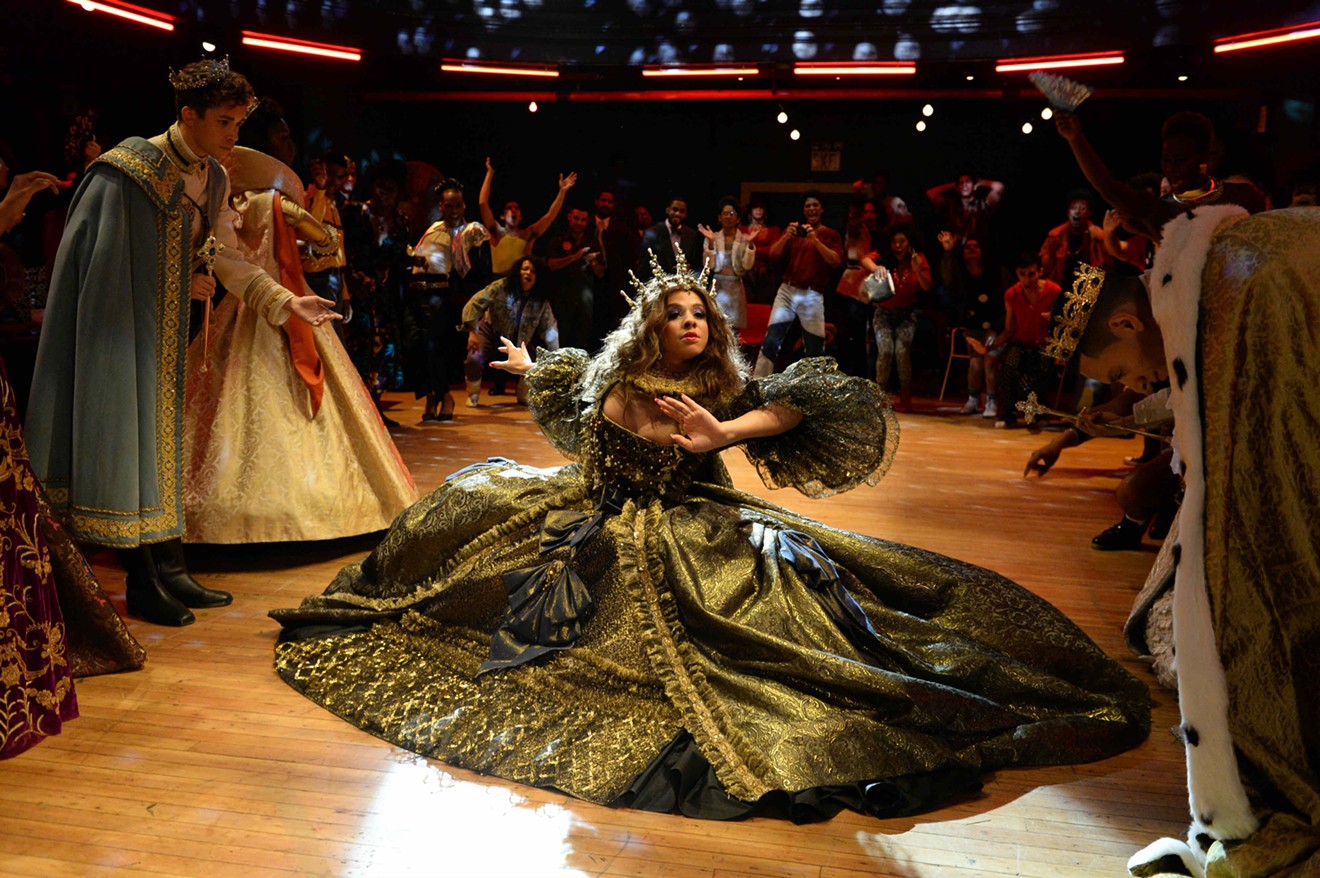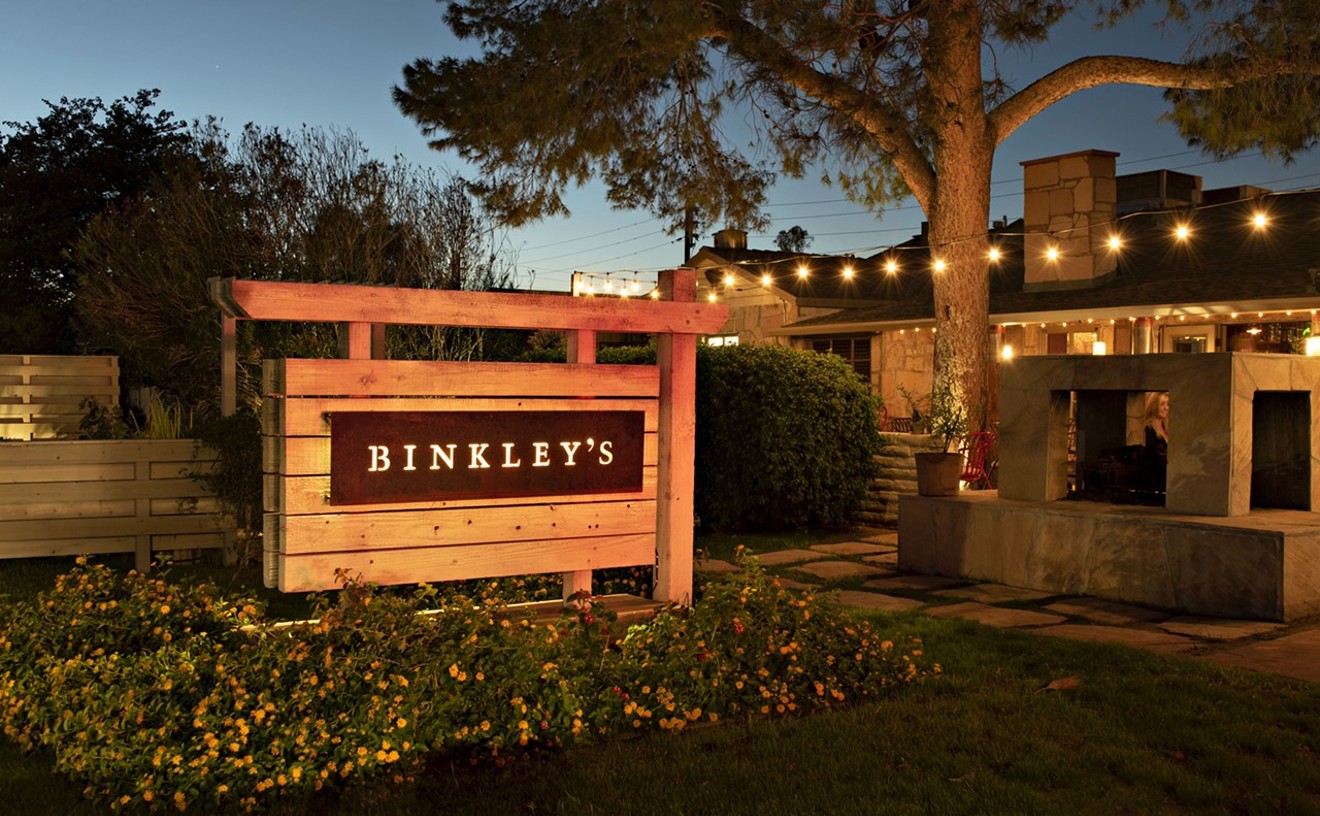Pose airs Sundays on FX.
Jennie Livingston’s 1990 documentary Paris is Burning introduced viewers — along with hordes of gender-studies students — to the world of 1980s-era Harlem drag balls, a couple of decades before RuPaul’s Drag Race ushered a parade of queens into the homes of millions of Americans. Now the baton goes to Ryan Murphy, who, along with Brad Falchuk and newcomer Steven Canals, has created Pose, a new FX series set among the glamour devotees of New York City’s drag ball scene.
That scene — centered on glittery modeling competitions in which the participants, largely black, Latinx and queer, compete in different categories on the femme-butch spectrum — was begging for a big-budget screen treatment, and on that front Pose delivers. The show, which premiered June 3, is an unabashed pleasure trip, full of sumptuous costumes, needling zingers and tender performances. Pose is fun, but it’s a fairly tame fantasy, for better or worse. It’s a safe space — a vanilla cupcake showered with rainbow sprinkles.
In contrast to Paris is Burning’s sweat and grit, Pose, which is set in 1987, offers a glossier, more aspirational version of this queer subculture thriving in the shadows of Reagan’s America. The story centers on Blanca Rodriguez (MJ Rodriguez), who, at the series’ start, discovers she’s HIV positive and decides to leave the House of Abundance and start one of her own. (Her “house” is the team she competes with in the balls, but it’s also her de facto family; houses are led by “mothers,” whose “children” often take the house’s name as their surname.) House member Angel (Indya Moore) decides to join her, and Blanca soon takes in Damon (Ryan Jamaal Swain), a teenage runaway who dreams of becoming a dancer. Blanca’s mentor is the fabulously named Pray Tell (Billy Porter), a sort of elder statesmen of the ball scene who presides over competitions.
From the very first scene, Pose boasts a purposefully slick veneer of artificiality — it’s a little too art-directed, a romanticized version of poverty straight from the set of Rent. Blanca’s initial home, the House of Abundance, is located in a sprawling loft dotted with pink couches over which various drag queens drape themselves. Its ruler is house mother Elektra Abundance (Dominique Jackson), a stately presence who says things like, “Shush children, and let your mother speak.”
That unreal facade is perhaps thematically appropriate; Pose is about a subculture that rewards the ability to fake it. It’s also about the lies people tell to maintain a certain image. The strongest plot concerns Angel and her lover Stan (Evan Peters), a nascent Wall Street power broker with a wife and two young children in the suburbs. The straight world may consider Angel a freak of nature, but for Stan, Angel is more “real” than the world he comes from — one that values wealth accumulation at the cost of everything else, happiness included. (Because there are no safe spaces for viewers these days, Stan works at Trump Tower.)
There’s plenty in Pose to applaud: its absolute centering of marginalized voices; the unprecedented number of trans cast members, most of whom are virtually unknown. And yet I grew weary over its first four episodes — or, as Elektra Abundance puts it, “Is the category ‘bore me to death’?” Too much of Pose has the flat, preachy quality of an after-school special, particularly the scenes involving Damon, who finds a genuine mother figure in Blanca. She sees to it that Damon auditions for that dance school he’s been eyeing, takes care of him when he’s sick, teaches him about safe sex and insists that he get an HIV test. Blanca’s dogged guidance is touching in outline. But that doesn’t make it any less tedious to watch. With episodes that run a full hour (the first two are even longer), a lot of these scenes are sweet but saggy, with far too much clunky and unnecessary dialogue. “Houses are homes to all the little boys and girls who never had one,” Pray Tell states at the end of the pilot — which has devoted the past 78 minutes to showing us just that.
Pride Month is upon us, and maybe all you want from this show is a moving soundtrack peppered with some cultural history. There’s value in seeing this material rendered as fairy tale. By the end of the pilot, Damon has landed an impromptu audition for his fancy dream school and, of course, he gets in; there’s no mention, in the episodes I’ve watched, of how exactly he’s supposed to pay for it. His dance teacher (Charlayne Woodard) is just a little too supportive; his new boyfriend, Ricky (Dyllon Burnside), just a little too understanding. Of course, Stan is willing to put up Angel in her very own apartment after just a couple of meetings, before they’ve even had sex and, of course, he doesn’t lay a hand on her (not a violent one, anyway).
Not that I’m craving one more scene in which a queer sex worker suffers at the hands of an insecure straight man. There’s a welcome subversive element to Pose’s refusal to cater to that cliché, especially in the way the show’s directors film a love scene between Damon and Ricky, or Stan and Angel’s first night in a motel together, just as they might any hetero romance: soft lighting, camera angles that suggest but don’t explicitly show sex. That motel scene in particular, from the first episode, feels like a revelation — the outstanding Indya Moore would excite any unsuspecting straight man in a heartbeat. There’s something quietly revolutionary in how gorgeous many of these trans women are, and how they’re given the chance to take up so much space (and time; did I mention how long these episodes are?) on screen.
But that soft-focus approach also renders Pose a rather fluffy confection. There’s a lot at stake for these characters, but the show frosts over the roughest edges. And, ironically, it lacks the kind of formative ingenuity that made the drag ball scene such a rich and lasting cultural phenomenon. The series rests on the strength of its characters and the wonderful performers who embody them and make the viewer care about their struggles and desires. In that sense, Pose succeeds. But it’s disappointing that the creators seem content to stop there — to simply create a sequin-studded world and populate it with people we can root for. It seems to me the kind of viewer who would watch Pose in the first place is already rooting for those people. If you’re already preaching to the choir, you might as well let your song ring out.
[
{
"name": "Air - MediumRectangle - Inline Content - Mobile Display Size",
"component": "18478561",
"insertPoint": "2",
"requiredCountToDisplay": "2"
},{
"name": "Editor Picks",
"component": "16759093",
"insertPoint": "4",
"requiredCountToDisplay": "1"
},{
"name": "Inline Links",
"component": "17980324",
"insertPoint": "8th",
"startingPoint": 8,
"requiredCountToDisplay": "7",
"maxInsertions": 25
},{
"name": "Air - MediumRectangle - Combo - Inline Content",
"component": "16759092",
"insertPoint": "8th",
"startingPoint": 8,
"requiredCountToDisplay": "7",
"maxInsertions": 25
},{
"name": "Inline Links",
"component": "17980324",
"insertPoint": "8th",
"startingPoint": 12,
"requiredCountToDisplay": "11",
"maxInsertions": 24
},{
"name": "Air - Leaderboard Tower - Combo - Inline Content",
"component": "16759094",
"insertPoint": "8th",
"startingPoint": 12,
"requiredCountToDisplay": "11",
"maxInsertions": 24
}
]











